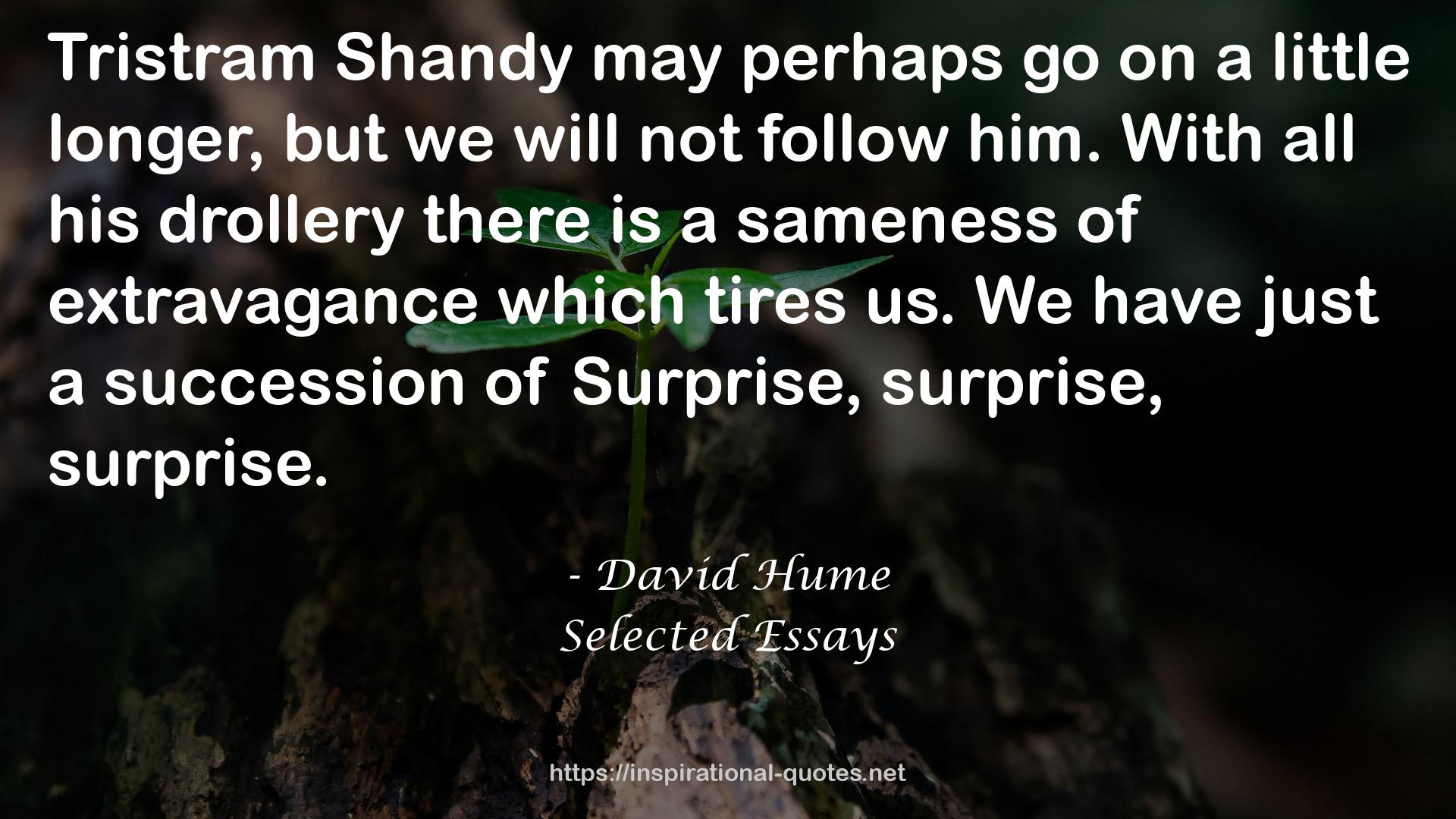Selected Essays QUOTES
SOME WORKS
- Robbed Virginity (Tiger's Obsession,#2)
- Ardent Affection (Tiger's Obsession, #3)
- Valkyrie: The Vampire Princess Saga Box Set (Valkyrie the Vampire Princess, #1-3)
- Leione's Diary: How Everything Should Have Been (Obscene Illusion, #2)
- Illusory Love III (Illusory Love, #3)
- Illusory Love
- Zeal (Guardian from Neptune #1)
- Valkyrie the Vampire Princess : Deluxe Edition : Vol. 3- 4 and 5 (Valkyrie the Vampire Princess Saga)
- Tiger's Obsession (Tiger's Obsession, #1)
- Illusory Love 2

